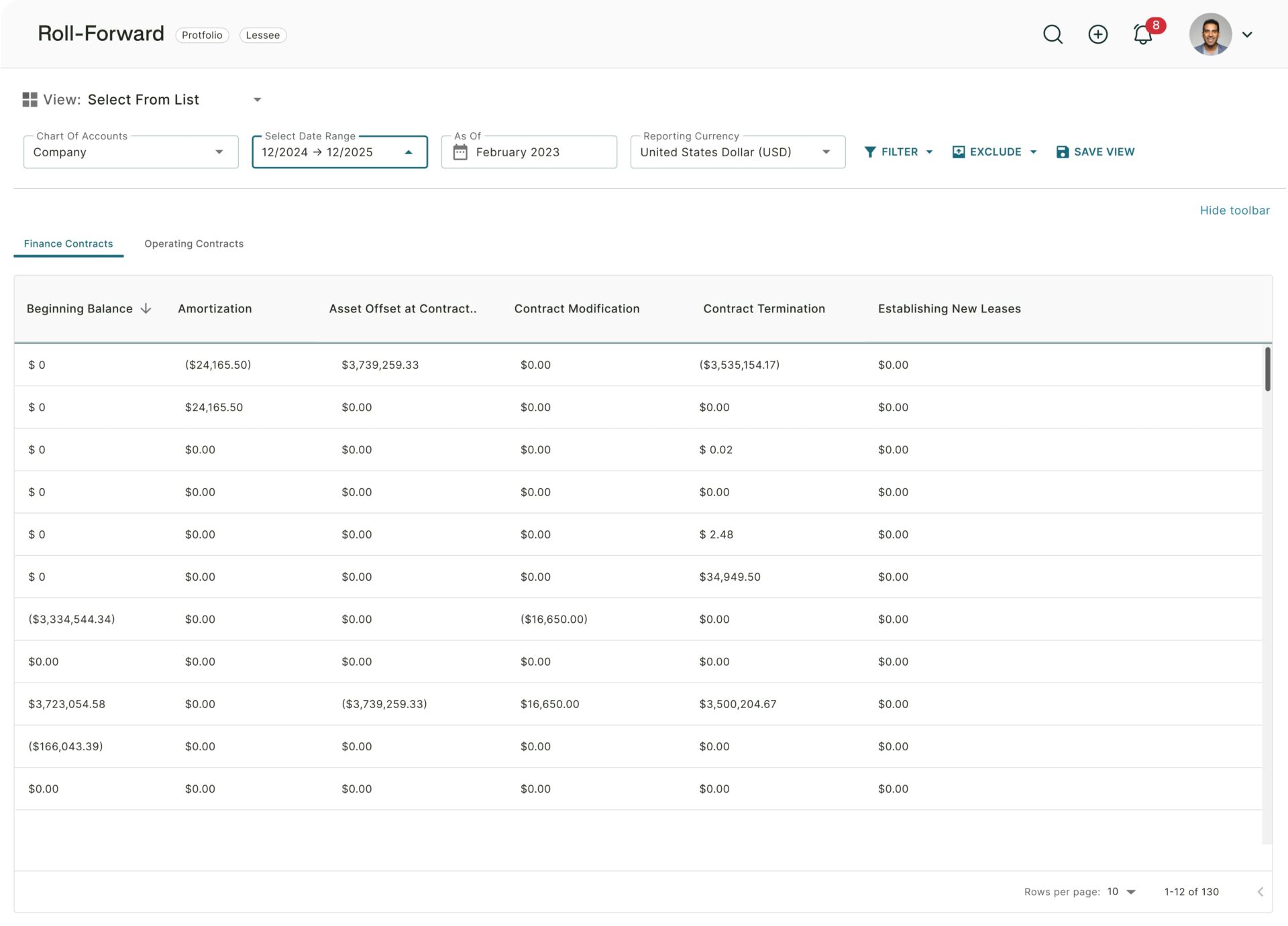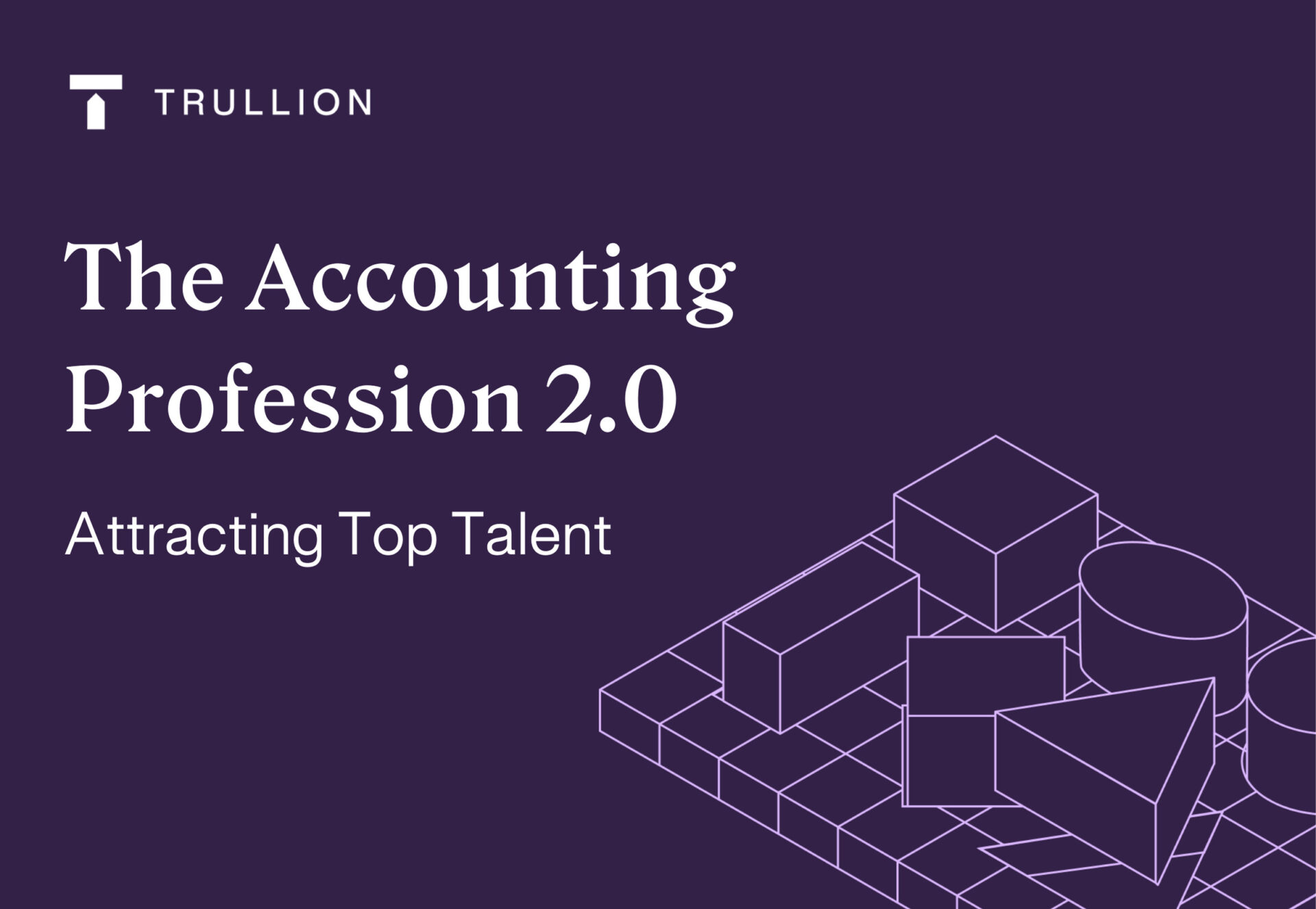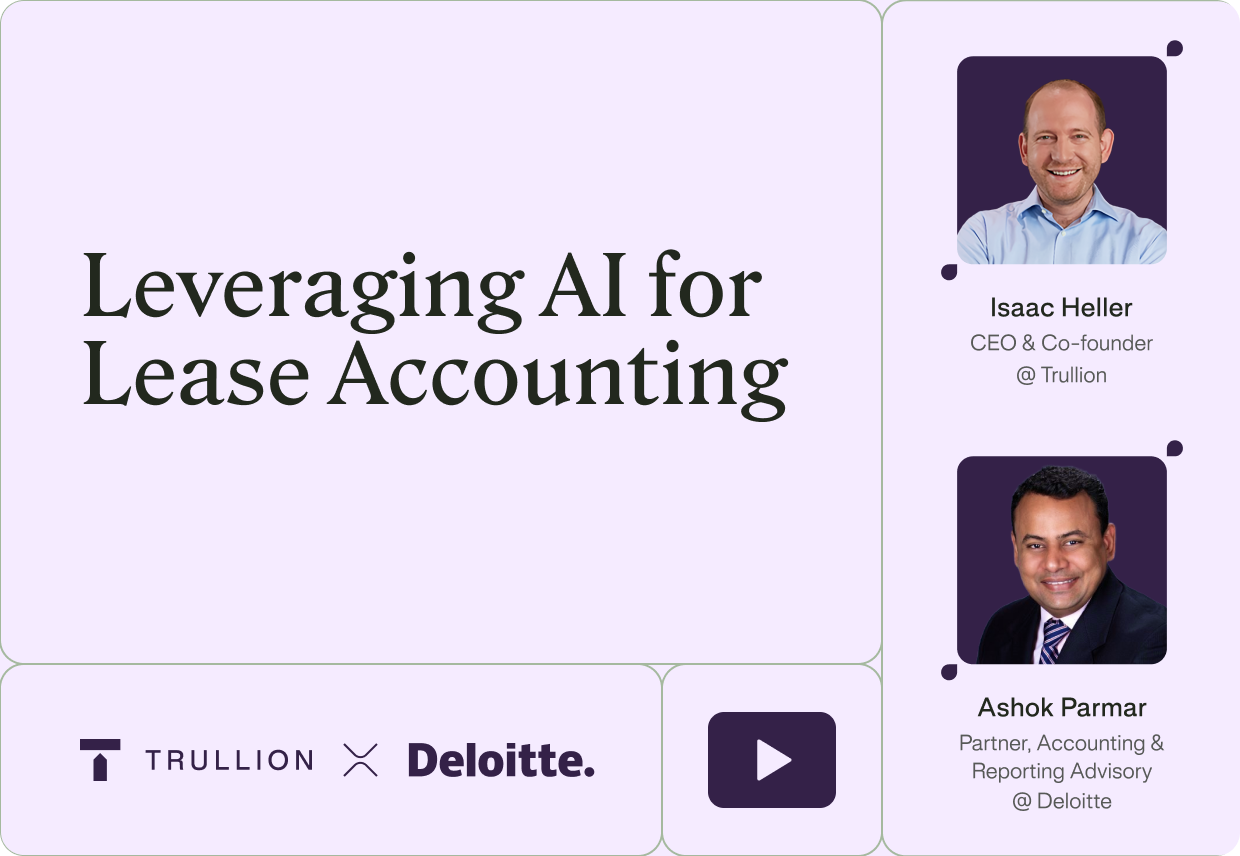The accounting profession is in desperate need of an overhaul. According to a recent Wall Street Journal article, the profession is experiencing a talent shortage as “more than 300,000 U.S. accountants and auditors have left their jobs in the past two years, a 17% decline.”
The shortage of accountants in the pipeline is well documented. It’s easy to sympathize with prospective accountants for not choosing the field, even if they’d initially set out to do so. By the time graduation comes around, alternative avenues often present themselves to an increasing number of candidates. Management Consulting and related careers that outcompete for pay and prestige are thinning the ranks of sufficient talent entering the world of accounting.
What awaits many who opt-in to accountancy is repetitive, time-pressured work (especially in the formative years) with limited scope for creative or rewarding assignments. An additional 150 hours of college credits for those pursuing their license as a CPA makes the bar too high for so many.
So how can the system be fixed, and how can top talent be attracted back to the accounting profession?
We consider these 3 areas crucial, to help turn the tide.
1. Redefining the role of the accountant
One of the ways in which the growing challenge can be overcome is by shifting the way we think about the role of the accountant. For many outside the profession – and too many within it too – the role of the accountant has not changed much since the industrial revolution.
Through this traditional lens, the accountant is essentially focused on record keeping and the reconciliation of transactions, ensuring compliance, and reporting on previous periods. This view too often extends from bookkeeper to controller, to CFO.
Let’s call this persona “The Accountant 1.0”
Contrast this with the more accurate persona of the modern accountant: “The Accountant 2.0”. This is the person who contributes to the financial vision of the company, uses all the latest tools at her disposal to unearth new opportunities, identifies efficiencies, contributes directly to all facets of the business, and is a trusted and valued asset to Leadership, and by extension the Board.
The accounting function brings with it so much potential, it’s almost tragic when this is not fully actualized. From Accountant 2.0’s vantage point, they see not only every transaction, but almost all contracts, headcounts, budgets, macro trends, and more. And unlike the CEO who often only has a high-level view, Accountant 2.0 is intimately familiar with all of these details, giving them an additional edge, and strategic value to the business.
So the first change that needs to happen is one of perspective: to redefine the role of the accountant, starting from those involved in the field. This career choice is empowering and exciting, and those joining it can truly make a difference. The way in which a profession is viewed by those within the industry, and outside of it requires an active investment to elevate the roles, responsibilities, and visible impact of the profession.
Where accountants are too often, out of necessity, engaged with repetitive entry-level tasks – affording new recruits early exposure to technology that automates data collection and management, is a first step to freeing them up for higher value, more rewarding contributions.
2. Leveraging technology
“But surely AI will just replace accountants?” is an argument often made, but less often well-supported.
It’s a fact that AI can do much of what “The Accountant 1.0” can do. Reconciliations, for example, are one of the first areas where technology can do the job quicker and more accurately than a human.
But technology has become a powerful enabler for Accountant 2.0 as we’ve explored thoroughly in The Future of Accounting.
By using AI and machine learning, for example, accountants can automate complex processes, from lease accounting to revenue recognition. Centralized platforms for audit management and finance team collaboration can accelerate workflows in ways that were unimaginable to the world of Accountant 1.0. And most excitingly, AI can give accountants the tools to make better decisions with the time now freed up to focus on meaningful, valuable, strategic work.
Whether this is identifying trends in huge data sets, surfacing otherwise hidden opportunities, suggesting new markets, and helping to set the overall course of the company – the true potential for the accounting profession is enormous.
What’s more, having technology take care of manual, repetitive tasks – freeing up accountants for more high-value, high-impact work – also contributes to a better work-life balance for those in the industry. A sense of worth is closely tied to the sense of purpose, achievement, and value to the greater whole of the company.
Which top young talent would not want to be a part of this?
3. Moving with the times
One final area to be leveraged – which is made possible through technology – is the move to the cloud and the growth of remote work. Whereas in the past, accountants were tied to the office, today this is no longer the case.
Ubiquitous anytime, all-of-the-time access, and robust security of files and data provide increased flexibility where an accountant can reliably carry out many of their functions. In an era of SaaS solutions and a distributed workforce, accounting should visibly extend these opportunities to help attract top talent to the profession.
The Australian Financial Review has an interesting article entitled “Accounting firms, desperate for staff, accept demands for flexibility,” as if this were a last resort. Might the industry be better served, and better compete for talent, by positively defaulting to a more openly flexible culture?
Heidi Fung, writing for Entrepreneur, notes 5 things that Gen Zers are looking for in a career, that new job seekers are looking for “A healthy, flexible working environment.” This flexibility is key, and is almost at odds with the principles associated with “The Accountant 1.0.”
To attract top talent, particularly new entrants to the profession, work-life balance completes our list of 3 crucial areas to help rehabilitate the perception of accounting as a deeply valuable and rewarding profession.
Making accounting attractive again
By reclaiming the story, and showing how the role of the accountant can be reimagined, how AI can unlock tremendous new capabilities, and how the latest work trends can be leveraged to attract new talent, the industry will be on track to improve its lot.
At Trullion, we’re part of enabling this shift. We’re showing a new generation of accountants that this industry can mix it up with the best of career options, in terms of harnessing the power of the latest technologies to make life better.










